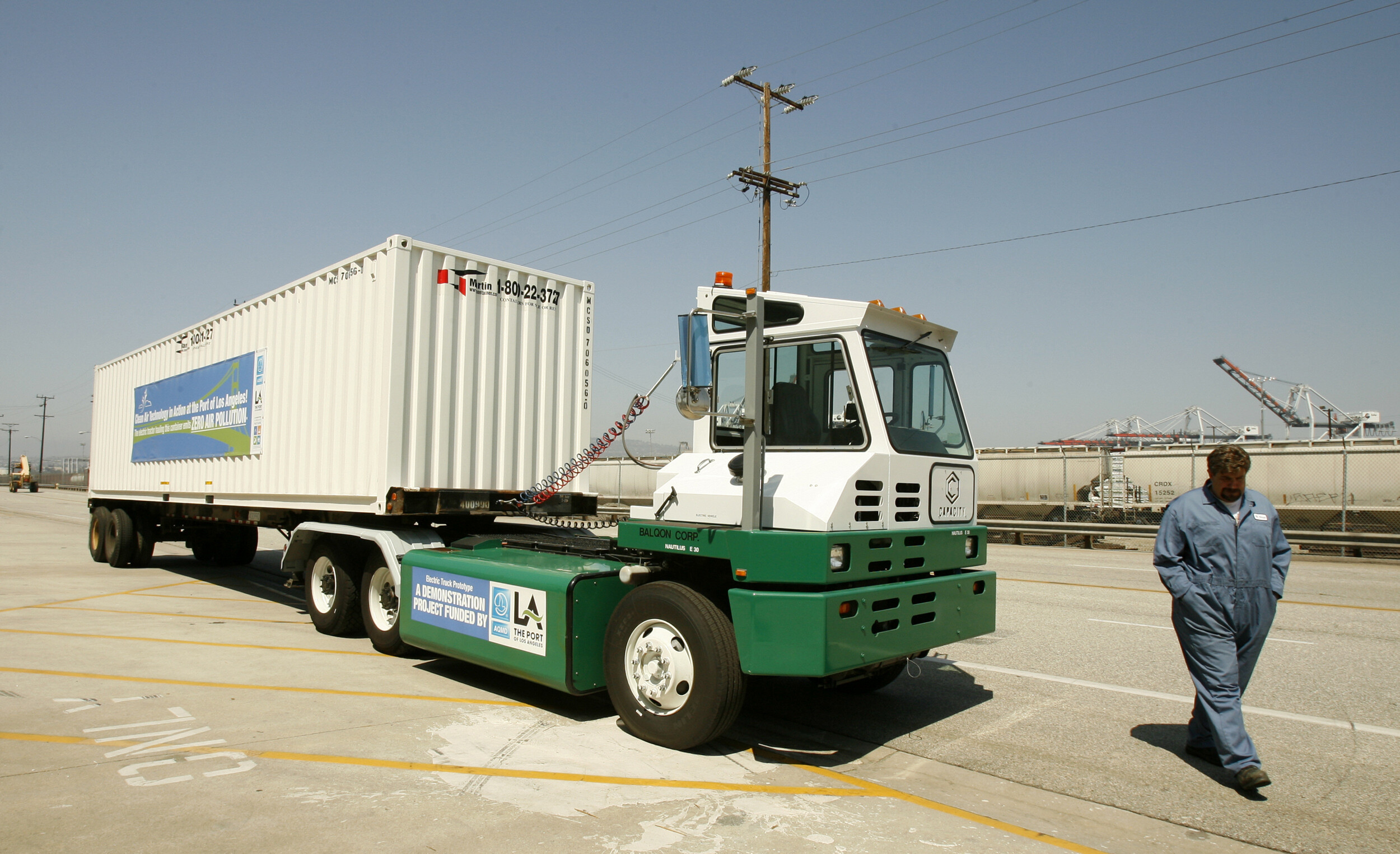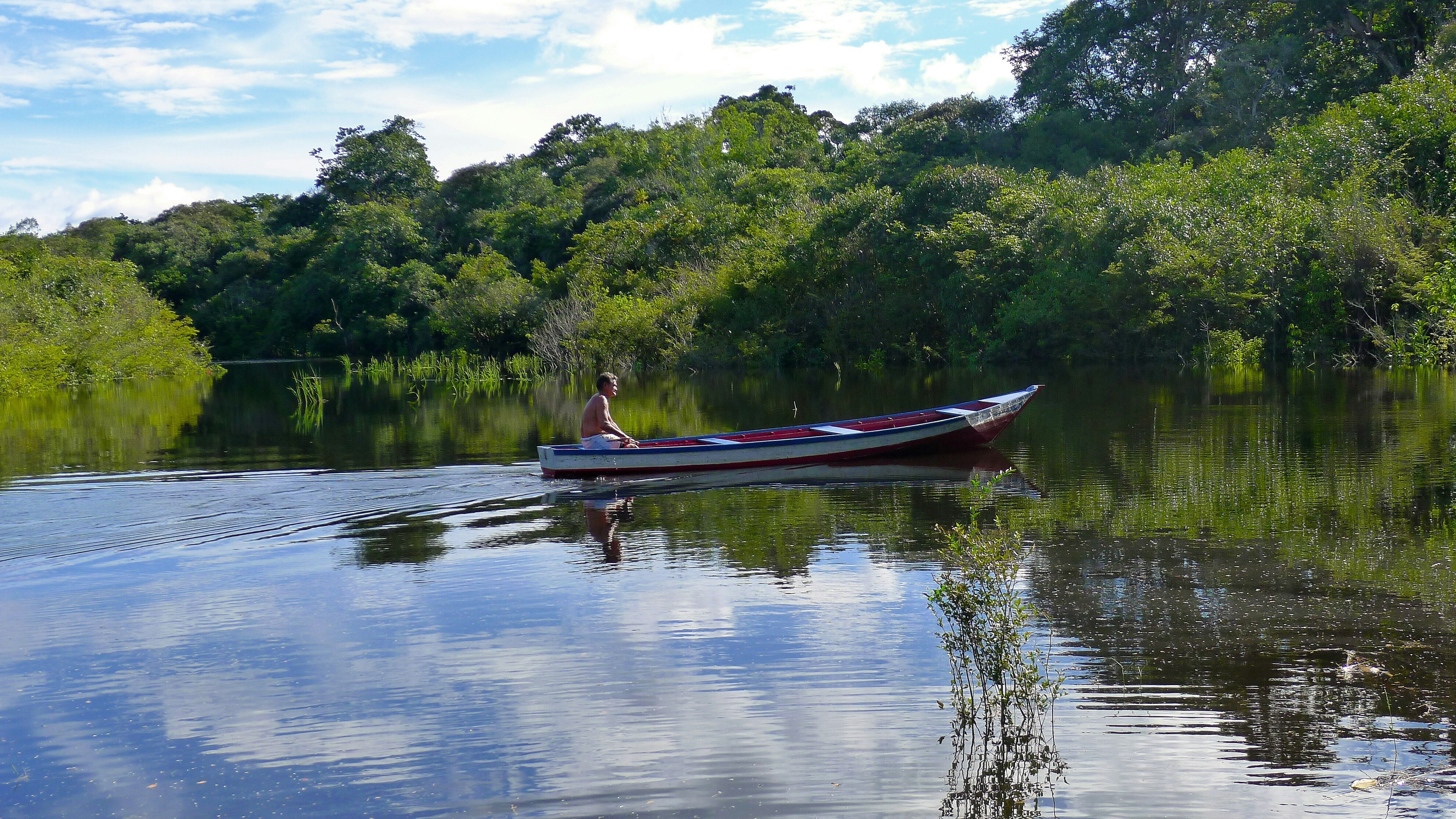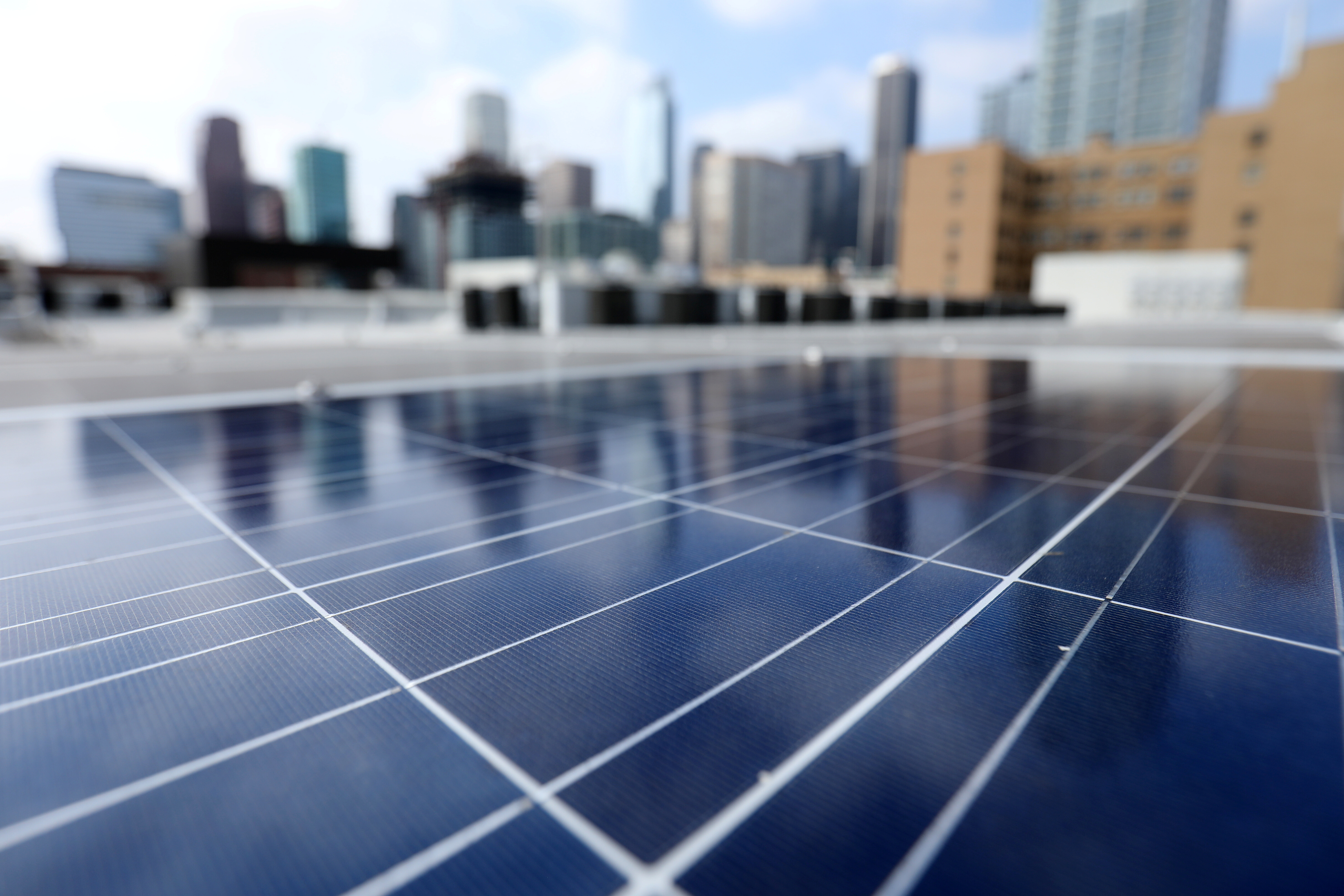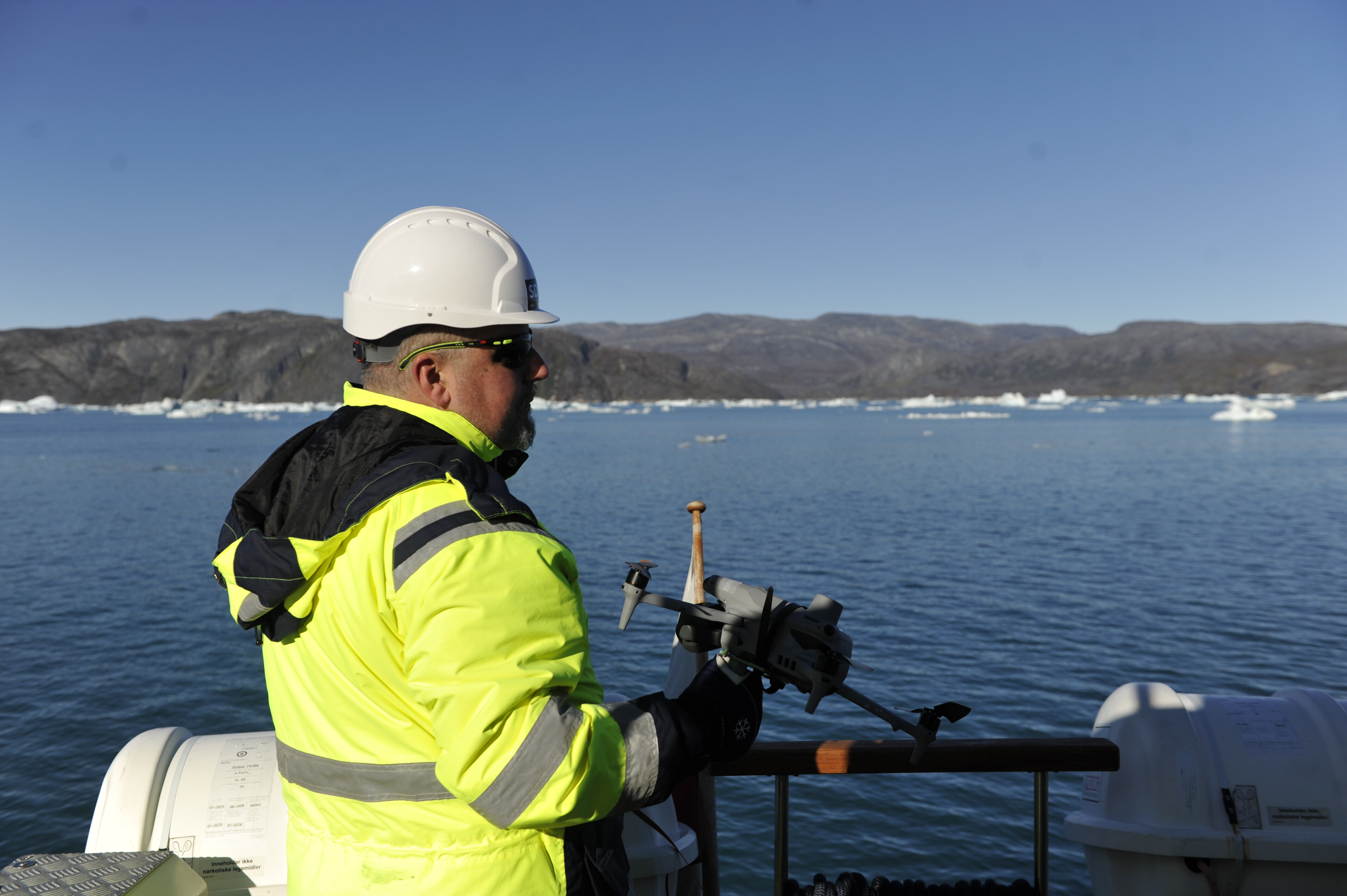23,000 people are in Germany to discuss climate change. Here's why

At COP23, negotiations are likely to focus on how countries go about implementing the Paris Agreement in practice. Image: REUTERS/Wolfgang Rattay
Over the next two weeks an estimated 25,000 people will descend on the small German city of Bonn.
Politicians, corporate leaders, environmental campaigners and journalists are gathering in hotels and conference rooms by the Rhine to discuss how to protect the world against climate change.
This is COP23.

COP23 is the informal name for the 23rd Conference of the Parties to the United Nations Framework Convention on Climate Change (UNFCCC).
Established in 1994, the UNFCCC aims to stabilize concentrations of greenhouse gases in the earth’s atmosphere, with the governments of 197 countries so far having signed up to the framework.
In 1997 at COP3, governments gathered in Kyoto, Japan, to agree a legally binding set of obligations for developed countries to reduce their greenhouse gas emissions, which became known as the Kyoto Protocol.
UNFCCC’s next major landmark came in 2015 at COP21 in Paris, where a raft of measures came together in what is known as the Paris Agreement.
The cornerstone of the Paris Agreement is that 195 countries agreed to work to stop global temperature rising by more than 2C above pre-industrial levels, and an ideal goal of keeping it below 1.5C.
It established specific actions and targets for reducing greenhouse gas emissions for each country that signed up to the agreement. It also included measures for financing mitigation and adaptation efforts in developing countries.

So far the governments of 169 countries have ratified the Paris Agreement, by drafting its specific measures for their nation – such as carbon emissions levels – into their own national laws.
At COP23, negotiations are likely to focus on how countries go about implementing the Paris Agreement in practice, as well as addressing the difficult subject of US President Donald Trump’s decision to pull his country out of the agreement.
There is also likely to be a focus on helping those small island nations most at risk from the effects of climate change, owing to the fact that COP23 is being run under the presidency of Fiji.
Fiji’s presidency
The Pacific island nation of Fiji is likely to use its presidency of COP23 to highlight the needs of small island states, which the UN identifies as most at risk from the impacts of climate change.
Largely based in the South Pacific and the Caribbean, the small island developing states are home to an estimated 50 million people.
Many are seasonally affected by extreme weather events such as tropical storms, cyclones and hurricanes, which are becoming more frequent.

Climate variability, droughts and flooding are also features of these small islands’ weather patterns. El Niño Southern Oscillation events also produce dramatic changes in rainfall, rising sea levels and other weather-related phenomena.
Fiji has stated that it wants to use its presidency to build greater resilience for all vulnerable nations, including providing access to climate adaptation finance and affordable climate risk and disaster insurance.
A carbon neutral conference
Another key feature of COP23 is that, as a conference focused on climate change, its organizers plan for it to be carbon-neutral.
The biggest challenge to achieving this will be the fact that delegates will be flying in from across the world.
To offset the CO2 generated by long distance air travel to the conference, the German government is purchasing emission reduction credits, the money from which will be used to help fund climate-change related projects in small developing island states.
Once at the conference, delegates will be transported using Bonn’s own hybrid electric buses. They will be able to move between the various conference venues using either freely available bicycles, and special electric COP23 shuttles that will run on 100% renewable electricity.
The conference organizers aim to use as much renewable energy as possible, but following the conference its carbon footprint will be calculated, and any additional carbon emissions will be offset.
Don't miss any update on this topic
Create a free account and access your personalized content collection with our latest publications and analyses.
License and Republishing
World Economic Forum articles may be republished in accordance with the Creative Commons Attribution-NonCommercial-NoDerivatives 4.0 International Public License, and in accordance with our Terms of Use.
The views expressed in this article are those of the author alone and not the World Economic Forum.
Stay up to date:
Climate Crisis
Related topics:
Forum Stories newsletter
Bringing you weekly curated insights and analysis on the global issues that matter.
More on Climate Action and Waste Reduction See all
Wee Kean Fong and Yvonne Zhou
November 19, 2025







